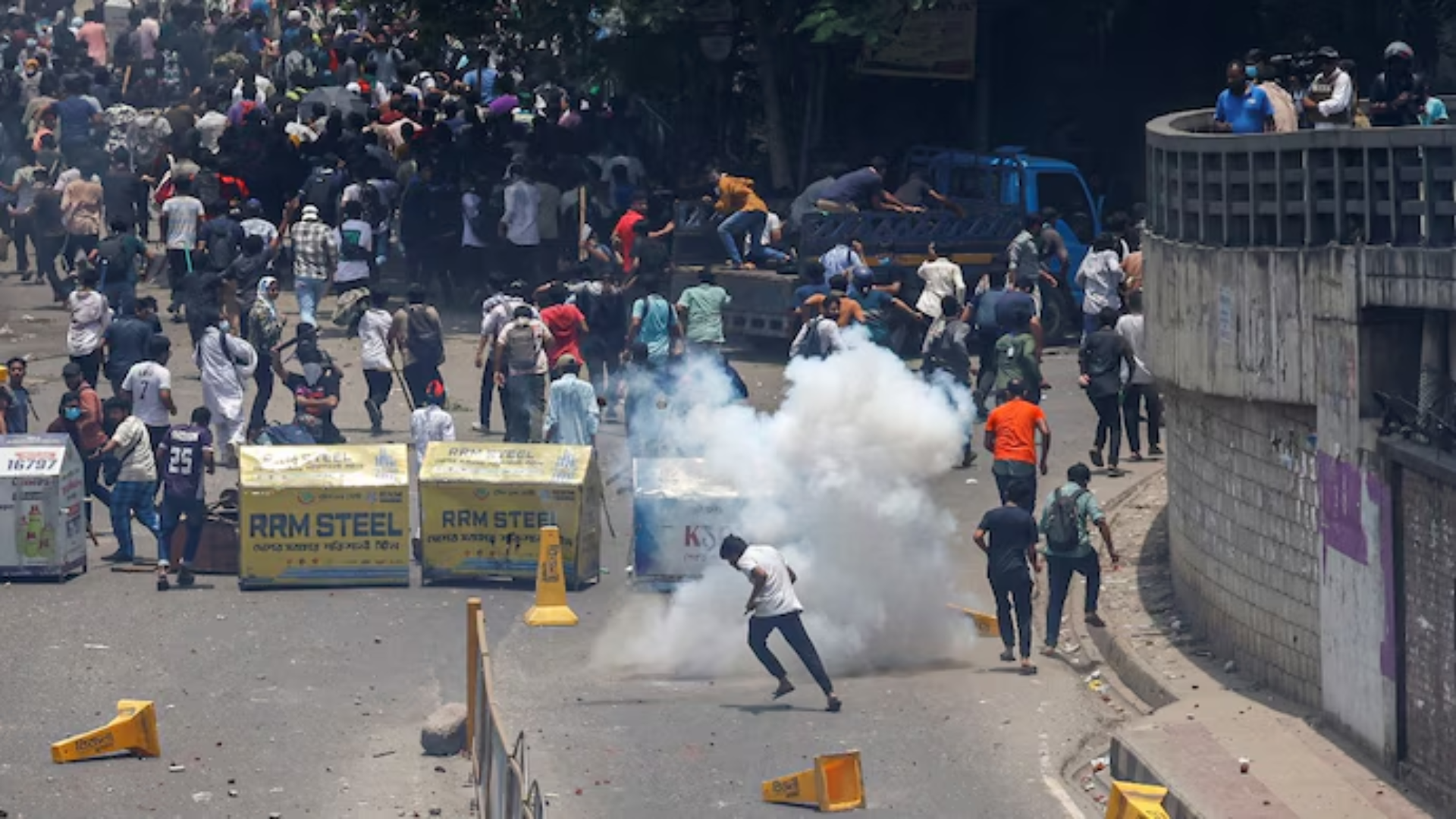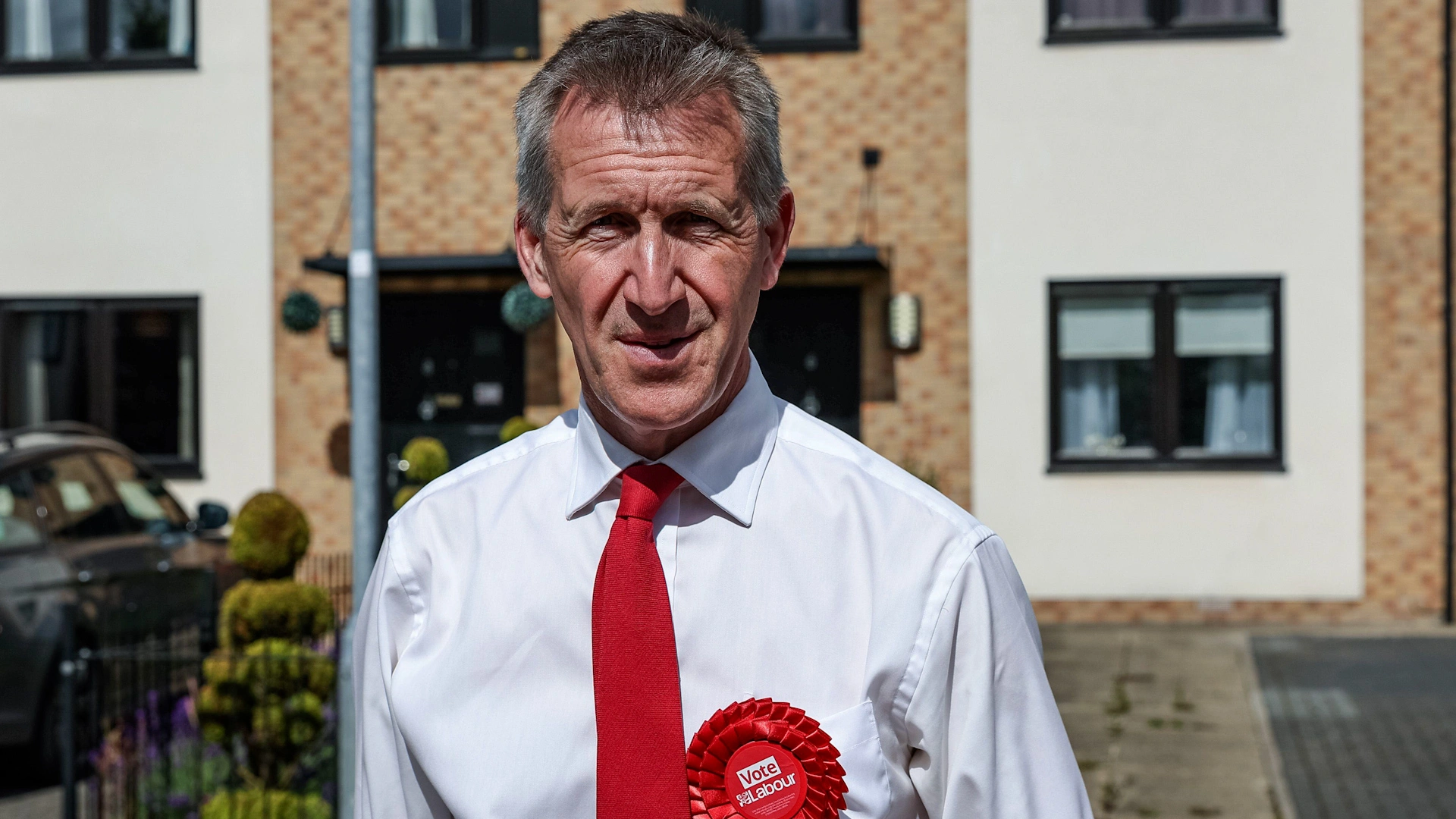Bangladesh’s Supreme Court was set to decide on Sunday about the civil service hiring rules that have led to nationwide protests and clashes, resulting in 133 deaths. The unrest started as a protest against politically motivated job quotas but has escalated into severe turmoil during Prime Minister Sheikh Hasina‘s tenure.
With soldiers now patrolling cities and a nationwide internet blackout since Thursday, the flow of information has been heavily restricted. The court’s decision will address whether to abolish the controversial job quotas.
Prime Minister Hasina hinted this week that the quotas might be removed, but the extensive crackdown and rising death toll have intensified public anger. Many protesters now demand the government’s resignation, focusing less on student rights and more on political change.
The current unrest stems from a quota system that reserves over half of civil service positions for certain groups, including the families of war veterans from the 1971 independence war. Critics argue this benefits Hasina’s supporters and accuse her government of using state institutions to consolidate power and suppress dissent.
The situation has worsened as employment opportunities remain scarce in Bangladesh, fueling resentment among young graduates. Hasina’s comparison of protesters to wartime collaborators has further inflamed tensions.
Following a week of violence, including clashes that killed at least 133 people, Hasina canceled her planned diplomatic trip to Spain and Brazil. The US State Department has advised against traveling to Bangladesh and will begin withdrawing some diplomats and their families due to the unrest.
Also Read: Rising Tide Of Attacks On Indian Army In Jammu And Kashmir: A Comprehensive Analysis
Shoot On Sight Orders
A nationwide curfew began at midnight, with the army given a “shoot-on-sight” directive. The unrest, driven mainly by student groups, had started weeks ago in response to the reintroduced job quota system.
The turmoil underscores growing issues within Bangladesh’s governance and economy, reflecting the discontent among young people struggling to find quality jobs after graduation. This unrest poses the most significant challenge to Prime Minister Sheikh Hasina since her fourth consecutive term, which followed January’s elections that were boycotted by major opposition parties.
Also Read: Guru Purnima 2024: Its Significance And History
What Is Job Quota Law Triggering Chaos In Bangladesh?
In 1971, Bangladesh achieved independence from Pakistan after a protracted armed conflict lasting over eight months, which, according to some estimates, resulted in the deaths of up to three million people. A year later, on November 5, the administration led by Tajuddin Ahmad implemented an executive order that established a 30% quota for freedom fighters and a 10% quota for women in government, semi-government, defense, and nationalized institutions.

















